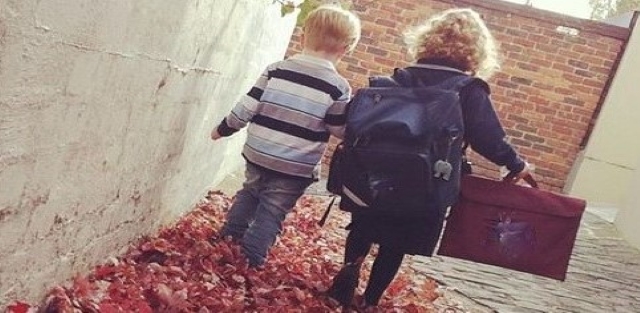
Early Childhood Education
Publication Date
6-4-2020
Subjects
Science teaching, Inquiry, Young children, Monitoring (Assessment), Student assessment, Science curriculum, Science activities, Scientific concepts, Lower primary years, Preschool education
Abstract
This third paper in the Science in the Early Years series continues to review current research into science learning and monitoring in the early years. The aim of this series is to provide early years educators with an insight into current research; highlight how research findings relate to children’s science learning; look at the current understandings about monitoring early years science learning; and provide examples of how early years educators can incorporate this research into their practices. This series defines ‘early years’ as the two years prior to school and the first three years of primary school, which in Australia generally includes children aged three to eight years. Children in the early years may attend early childhood centres, kindergartens or primary schools. Educational expectations for children of this age range are covered by the Early Years Learning Framework (EYLF) for preschool children, and the Foundation to Year 2 Australian Curriculum (AC) for school students. This paper focuses on the importance and value of monitoring young children’s science learning. We also provide examples of resources that can support educators to monitor science learning using everyday activities common in early years settings.
Recommended Citation
Rosicka, C., & O'Connor, G. (2020). Science in the early years. Paper 3: Monitoring children's learning. Australian Council for Educational Research. https://research.acer.edu.au/early_childhood_misc/17
Copyright Statement
Copyright Australian Council for Educational Research 2020
Place of Publication
Camberwell, Australia
Publisher
Australian Council for Educational Research
ISBN
978-1-74286-530-0
Included in
Curriculum and Instruction Commons, Early Childhood Education Commons, Science and Mathematics Education Commons

